Unlocking success requires more than just hard work and determination. Often, our mindset plays a crucial role in our ability to achieve our goals and reach our full potential. A fixed mindset can hinder our progress by limiting our beliefs about our abilities and intelligence.
In this article, we will explore the concept of a fixed mindset and its impact on success. We will also provide strategies to help shift towards a growth mindset and unlock our true potential. Let’s dive in and discover how to overcome a fixed mindset and reach new heights of success.
What is a Fixed Mindset?
In the realm of personal development and psychology, the concept of a fixed mindset versus a growth mindset has become increasingly prominent. A fixed mindset is typically characterized by the belief that our intelligence, abilities, and talents are static and that success is determined by these inherent traits.
Individuals with a fixed mindset may tend to avoid challenges, give up easily, and view effort as futile. This mindset not only affects how one approaches tasks and challenges but also plays a significant role in shaping one’s capacity for learning and personal development.
At its core, a fixed mindset is rooted in the belief that our traits, such as intelligence and personality, are predetermined and immutable. This perception can have a substantial impact on how individuals respond to setbacks, make decisions, and approach new endeavors.
When faced with difficulties or failures, those with a fixed mindset may be more inclined to view these experiences as reflections of their inherent abilities, leading to a reluctance to confront challenges that may tarnish their perceived competence.
Furthermore, a fixed mindset often leads to a fear of failure, as individuals believe that failures are indicative of their unchangeable shortcomings. This fear can hinder personal and professional growth, as it may deter individuals from taking risks or seizing opportunities for development and achievement.
Understanding the implications of a fixed mindset is essential in recognizing the potential barriers it poses and the impact it can have on one’s success, happiness, and overall well-being.Recognizing how these ingrained beliefs can impact one’s life paves the way for initiating the necessary changes to adopt a more adaptive and empowering mindset.
The Dangers of a Fixed Mindset
The dangers of a fixed mindset extend far beyond the perception of failure. When individuals operate within the confines of a fixed mindset, they may inadvertently limit their potential for growth, learning, and success.
This mindset can hinder the development of resilience and adaptability, essential qualities for thriving in the face of challenges. Additionally, a fixed mindset can stifle creativity and innovation, as the fear of making mistakes or being perceived as inept may prevent individuals from exploring new ideas or approaches.
Moreover, the pervasive impact of a fixed mindset can permeate various aspects of one’s life, affecting both personal and professional endeavors. In the professional realm, individuals with a fixed mindset may shy away from career advancement opportunities, view constructive feedback as personal criticism, and may struggle to collaborate effectively with others.
On a personal level, the avoidance of challenges and the reluctance to step outside of one’s comfort zone can hinder the development of meaningful relationships and the pursuit of passions and interests.
Furthermore, the detrimental effects of a fixed mindset are not limited to individual experiences; they can also reverberate in collective settings. In educational and professional environments, the prevalence of a fixed mindset can impede the cultivation of a culture that embraces continuous learning, experimentation, and growth.
This, in turn, can stymie overall progress and innovation within these settings, creating a stagnant atmosphere that is averse to change and improvement. Recognizing these dangers and their far-reaching consequences underscores the urgency of addressing and rectifying a fixed mindset to unlock the full potential for success and fulfillment.
Recognizing Fixed Mindset Thinking
Awareness of the characteristics and manifestations of a fixed mindset is fundamental in identifying its presence in one’s thought patterns and behaviors. Individuals with a fixed mindset may display a range of telltale signs, such as a reluctance to tackle tasks perceived as challenging, a tendency to shy away from feedback or constructive criticism, and a propensity to view effort as inconsequential.
Additionally, a fixed mindset may be evident in the way individuals perceive setbacks, interpreting them as indications of their unchangeable inadequacies rather than as opportunities for growth and learning.
Moreover, the recognition of fixed mindset thinking requires a heightened awareness of one’s internal dialogue and thought processes. Individuals operating from a fixed mindset may find themselves engaging in self-limiting beliefs and negative self-talk, reinforcing the notion that their abilities are static and that failures are definitive reflections of their capabilities.
By becoming attuned to these patterns of thinking, individuals can begin to unravel the influence of a fixed mindset and initiate the necessary shifts to foster a more adaptive and empowering mindset.
Furthermore, recognizing fixed mindset thinking involves acknowledging the broader implications of this mindset on one’s life and endeavors. Understanding how a fixed mindset can impede personal and professional growth, stifle creativity, and perpetuate a fear of failure is pivotal in recognizing the urgent need to address and rectify these beliefs and thought patterns.
By understanding and acknowledging the presence of a fixed mindset, individuals can take the first steps toward embracing a more growth-oriented approach to life’s challenges and opportunities.
Benefits of a Growth Mindset
Embracing a growth mindset can yield a myriad of benefits that permeate various facets of an individual’s life. At its core, a growth mindset is predicated on the belief that abilities and intelligence can be cultivated through dedication, effort, and perseverance.
This foundational belief underpins the potential for continuous learning, improvement, and success, offering individuals a framework for approaching challenges with resiliency and a willingness to adapt and grow.
Individuals with a growth mindset are often characterized by their propensity to view challenges as opportunities for learning and development, displaying a higher tolerance for discomfort and a greater willingness to invest effort in the pursuit of their goals.
This adaptability and perseverance can contribute to enhanced problem-solving skills, creativity, and the ability to navigate obstacles with a more positive and proactive outlook. Moreover, the cultivation of a growth mindset can foster a sense of intrinsic motivation and a passion for lifelong learning, leading to a more fulfilling and enriching life journey.
Furthermore, the benefits of a growth mindset extend to interpersonal relationships and professional endeavors. Individuals with a growth mindset are more receptive to feedback, viewing it as a valuable tool for growth and improvement, and are likely to approach collaborative efforts with a spirit of open-mindedness and adaptability.
In professional settings, the presence of individuals with a growth mindset can contribute to a more dynamic and innovative work culture, fostering an environment that encourages experimentation, creativity, and continuous improvement. The benefits of a growth mindset are far-reaching, impacting not only individual pursuits and aspirations but also contributing to the cultivation of more positive and productive interpersonal and professional environments.
Strategies to Develop a Growth Mindset
Developing a growth mindset is a dynamic and ongoing process that entails intentional efforts to cultivate adaptive and empowering thought patterns and beliefs. Implementing strategies that support the evolution towards a growth mindset can be instrumental in unlocking one’s full potential and embracing life’s challenges as opportunities for growth and learning.
Cultivate Self-Awareness
Fostering self-awareness is a foundational element in the process of nurturing a growth mindset. Taking time for introspection and reflection can provide insight into one’s thought patterns, belief systems, and responses to challenges and setbacks. Engaging in self-awareness practices, such as mindfulness and journaling, can enable individuals to become attuned to moments when a fixed mindset may be influencing their perceptions and reactions, thus empowering them to consciously reframe their thought processes and beliefs.
Additionally, cultivating self-awareness involves a willingness to acknowledge and challenge ingrained thought patterns that may be self-limiting or counterproductive. By recognizing and reframing these beliefs, individuals can begin to lay the groundwork for adopting a more adaptive and growth-oriented mindset that embraces challenges and failures as integral components of the learning and development journey.
Embrace Challenges and Failures
Embracing challenges and setbacks as opportunities for growth is a pivotal aspect of cultivating a growth mindset. Individuals can actively seek out and engage with tasks and experiences that push them out of their comfort zones, thereby fostering resilience and adaptability. Moreover, embracing failures as integral components of the learning process enables individuals to reframe their perceptions of setbacks, viewing them as valuable sources of insight and learning that inform future endeavors.
By deliberately confronting and navigating challenges, individuals can build a resilience that fortifies their resolve in the face of adversity, ultimately contributing to the cultivation of a growth-oriented mindset. Additionally, reframing failures as stepping stones towards success and as opportunities for learning and development is instrumental in fostering a more positive and proactive approach to life’s challenges and setbacks.
Learn from Criticism
Receptivity to constructive feedback and criticism is pivotal in the process of unlocking personal and professional growth potential. Individuals can harness the power of feedback by approaching it with an open mindset, viewing it as a tool for constructive improvement and growth. Cultivating a willingness to learn from feedback empowers individuals to iterate and refine their approaches, strategies, and skills, thereby fostering a continuous cycle of improvement and learning.
Furthermore, approaching criticism as valuable insight rather than as a threat to their abilities enables individuals to capitalize on the opportunity for growth and development that feedback provides. By internalizing and acting upon constructive criticism, individuals can fortify their capacity for learning and adaptation, aligning their behaviors and efforts with the pursuit of personal and professional objectives.
Find Inspiration in Others
Seeking inspiration in the journeys and experiences of others can serve as a powerful catalyst for cultivating a growth mindset. Engaging with stories of individuals who have overcome adversities, achieved success through perseverance, and embraced challenges as opportunities can provide valuable perspectives and insights. Moreover, surrounding oneself with individuals who exemplify a growth mindset can foster a conducive environment for personal growth and the cultivation of adaptive and empowering thought patterns.
Engaging with the narratives of others’ growth journeys can serve as a source of motivation and affirmation of the potential for transformation and growth. By drawing inspiration from the experiences of those who have demonstrated resilience, adaptability, and a positive approach to challenges, individuals can reinforce their commitment to embracing a growth mindset and leveraging life’s obstacles as opportunities for continuous learning and development.
Understanding a Fixed Mindset?
Understanding a fixed mindset is pivotal in recognizing its pervasive influence on an individual’s thought processes, behaviors, and responses to challenges and setbacks. At its core, a fixed mindset is underpinned by the belief that one’s abilities and intelligence are unchangeable and that success is predominantly contingent upon these inherent traits. This perception can exert a profound influence on how individuals approach new endeavors, respond to feedback and criticism, and traverse the landscape of personal and professional development.
Furthermore, the understanding of a fixed mindset extends to its far-reaching implications, not only on individual experiences but also within collective settings. In both personal and professional realms, the presence of a fixed mindset can engender a climate that is averse to growth, learning, and the exploration of new possibilities. Recognizing these implications and acknowledging the pervasive impact of a fixed mindset is essential in instigating the necessary shift towards a more adaptive and growth-oriented approach to life’s challenges and opportunities.
The Dangers of a Fixed Mindset
The dangers of a fixed mindset are multifaceted, permeating various aspects of an individual’s life and endeavors. In personal and professional contexts alike, the prevalence of a fixed mindset can inhibit the cultivation of resilience, adaptability, and a proactive approach to challenges. Moreover, the pervasive influence of a fixed mindset can stymie personal and professional growth, innovation, and the pursuit of new opportunities and aspirations. By impeding the development of these essential qualities and practices, a fixed mindset can pervade an individual’s experiences with limitations and self-imposed boundaries that hinder the realization of their full potential and aspirations.
Furthermore, the dangers of a fixed mindset extend to the broader collective implications, stifling the dynamics of learning, growth, and progress within communal and professional environments. The presence of a fixed mindset can engender a climate that is resistant to change and innovation, perpetuating instances of stagnation and a reluctance to embrace new possibilities and perspectives. By recognizing the extensive dangers and far-reaching consequences of a fixed mindset, individuals can galvanize their efforts to address and transcend these limitations, fostering a more adaptive, empowering, and growth-oriented approach to the myriad challenges and opportunities that life presents.
Signs of Fixed Mindset Thinking
Identifying the signs of fixed mindset thinking is pivotal in unraveling the influence of these pervasive beliefs and thought patterns on an individual’s approach to challenges and setbacks. Individuals exhibiting fixed mindset thinking may encompass a range of behaviors and thought patterns, including a reluctance to embrace challenges, a predilection for avoidance in the face of difficulties, and an aversion to feedback and constructive criticism. Furthermore, those with a fixed mindset may engage in self-fulfilling prophecies, interpreting failures and setbacks as definitive indicators of their inherent inadequacies rather than as stepping stones towards growth and learning.
Moreover, the manifestation of a fixed mindset often intertwines with a pervasive fear of failure and an aversion to taking risks. Individuals with a fixed mindset may refrain from seizing opportunities for advancement and learning, opting instead for the comfort of the known and familiar. By recognizing these signs and manifestations of a fixed mindset, individuals can begin to unravel the influence of these self-limiting beliefs and initiate the process of reframing their thought patterns and responses to challenges, setting the stage for the cultivation of a more adaptive and growth-oriented mindset.
Conclusion
In conclusion, shifting from a fixed mindset to a growth mindset can greatly impact our success and overall well-being. By recognizing and overcoming fixed mindset thinking, we can unlock our full potential and achieve our goals. With the right strategies and mindset, we can cultivate self-awareness, embrace challenges, and learn from others’ failures. By harnessing the power of a growth mindset, we can pave the way towards a more fulfilling and successful life.
About Overcoming a Fixed Mindset
Fuel your mindset with small wins! Set mini-goals, like trying one new task weekly, and celebrate progress to sustain mental discipline for success. Reflect daily: What did I learn today? to keep your growth mindset thriving.
Start small to build confidence in your mindset. Pick a low-stakes challenge, like learning a new hobby, and focus on effort, not perfection. This mental discipline for success helps you see failure as a step toward growth.
Absolutely! A growth mindset fosters openness to feedback and empathy, strengthening bonds. Practice active listening and view conflicts as chances to learn, boosting your mindset and connection with others.
A growth mindset thrives under pressure by viewing challenges as opportunities. Embrace tasks as learning experiences and use mental discipline for success to stay adaptable, making your mindset a career asset.
Try journaling 5 minutes daily about a lesson learned or practicing gratitude to shift your mindset. These habits build mental discipline for success, keeping your growth mindset strong and positive.
Model a growth mindset by sharing your learning experiences and praising effort, not just results. Encourage open discussions about challenges to foster a collective mindset of growth and resilience.
Catch fixed mindset thoughts early—pause and reframe them, like “I’m not good at this” to “I’m learning.” Use journaling to reflect on growth, reinforcing mental discipline for success to stay on track.


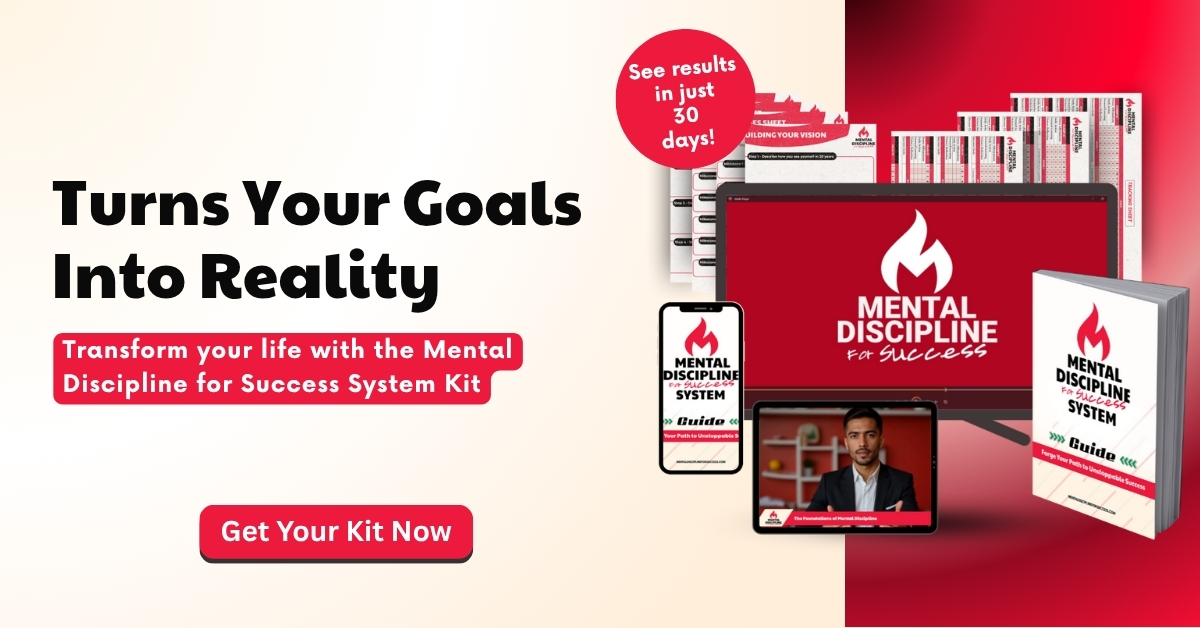


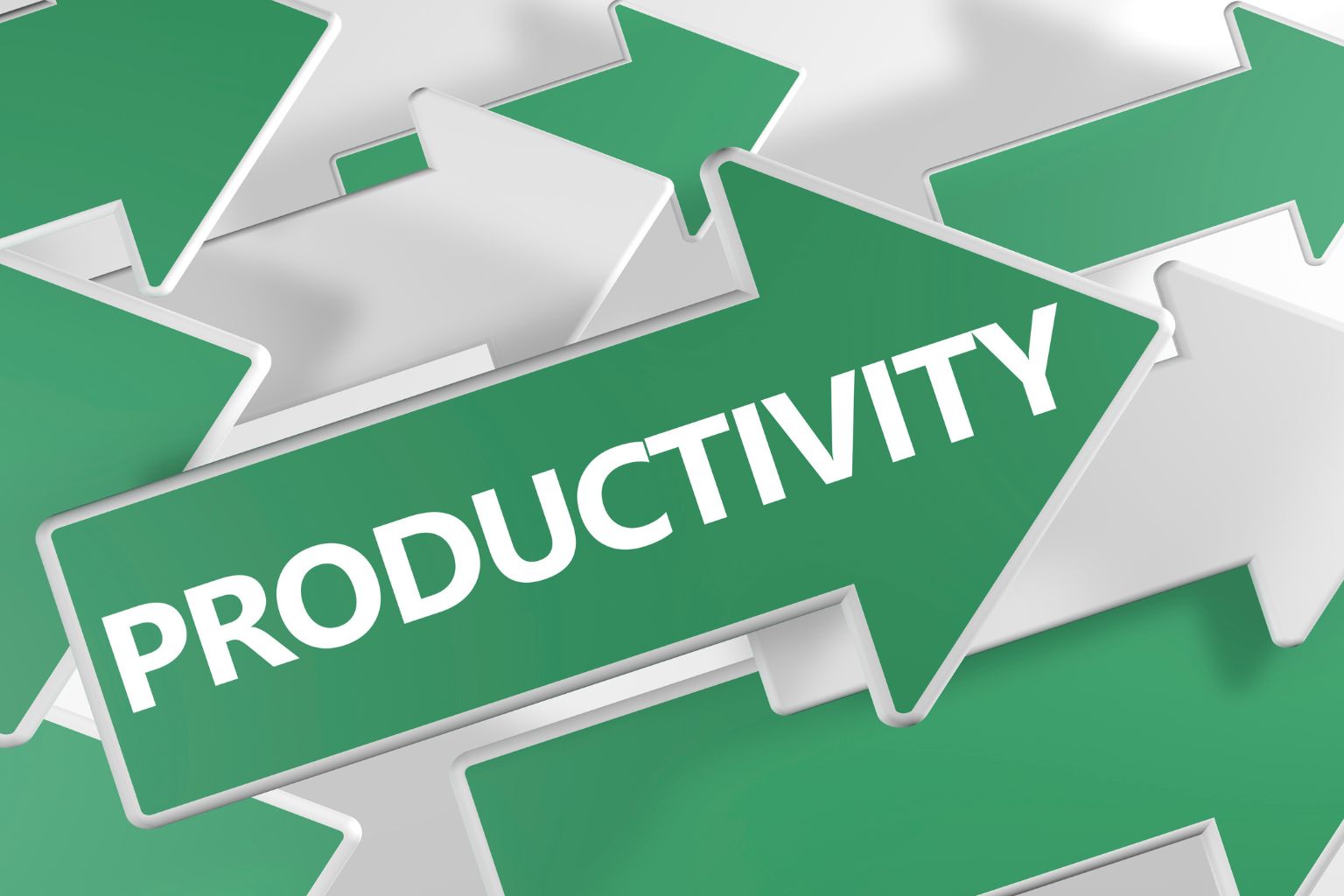
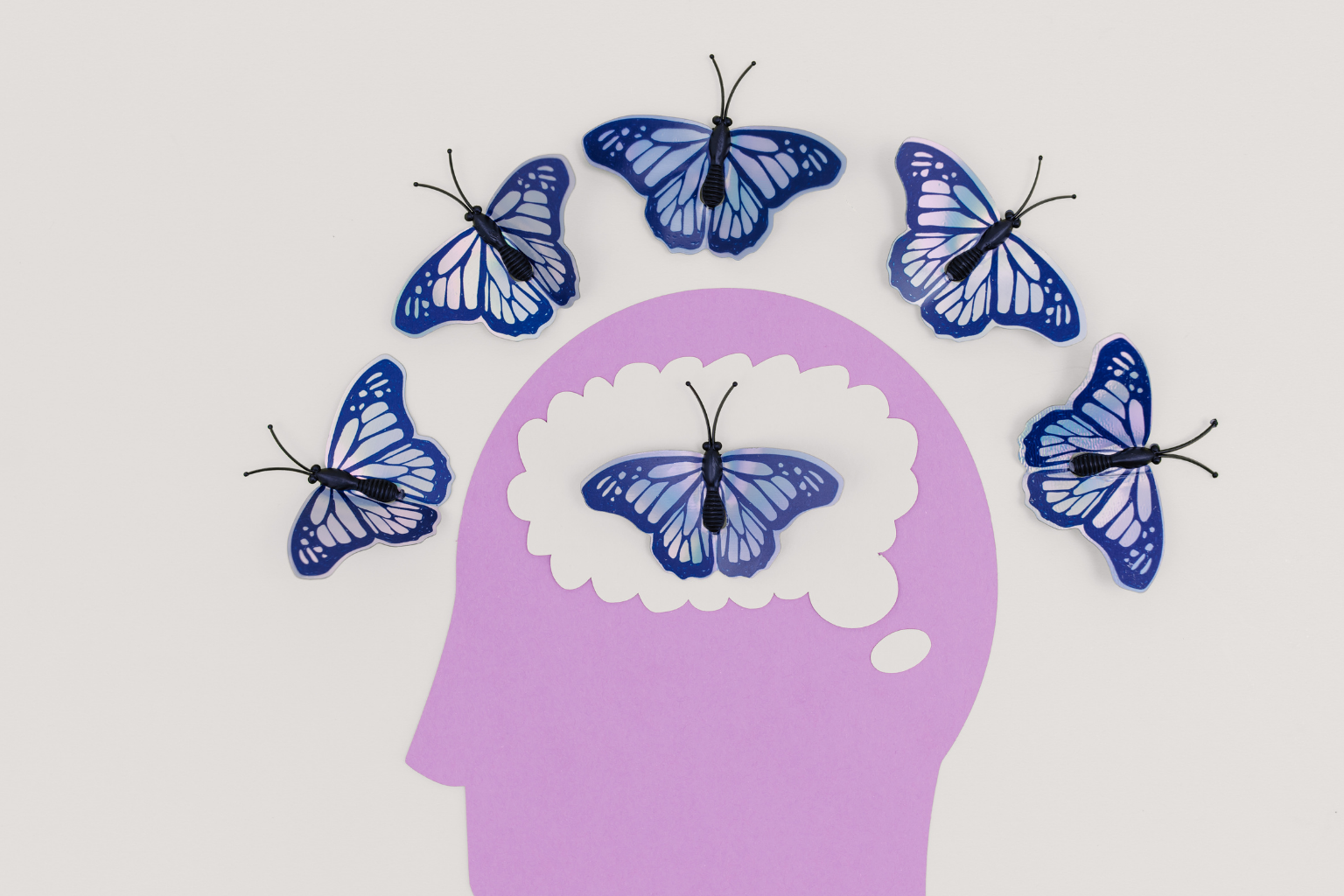

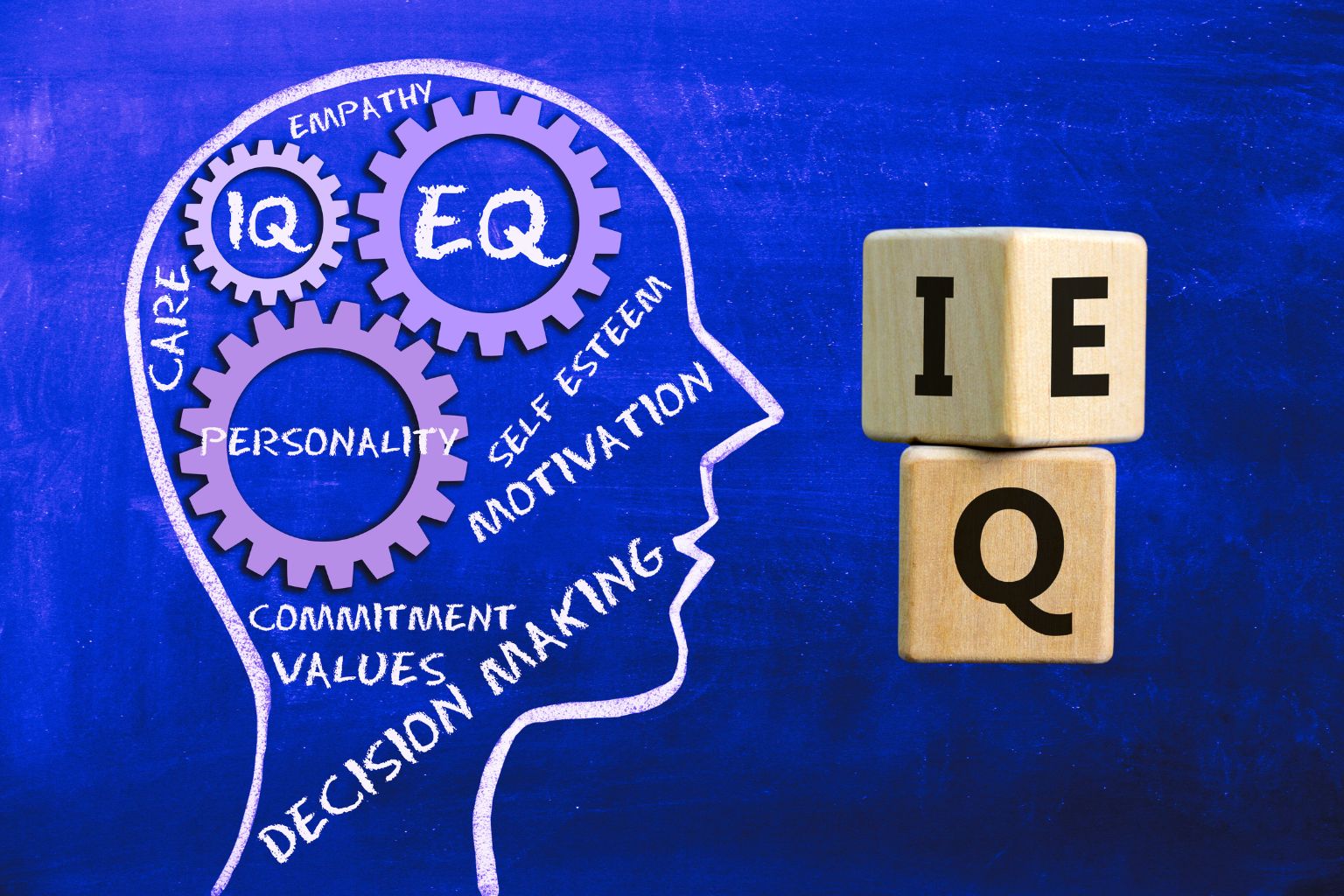

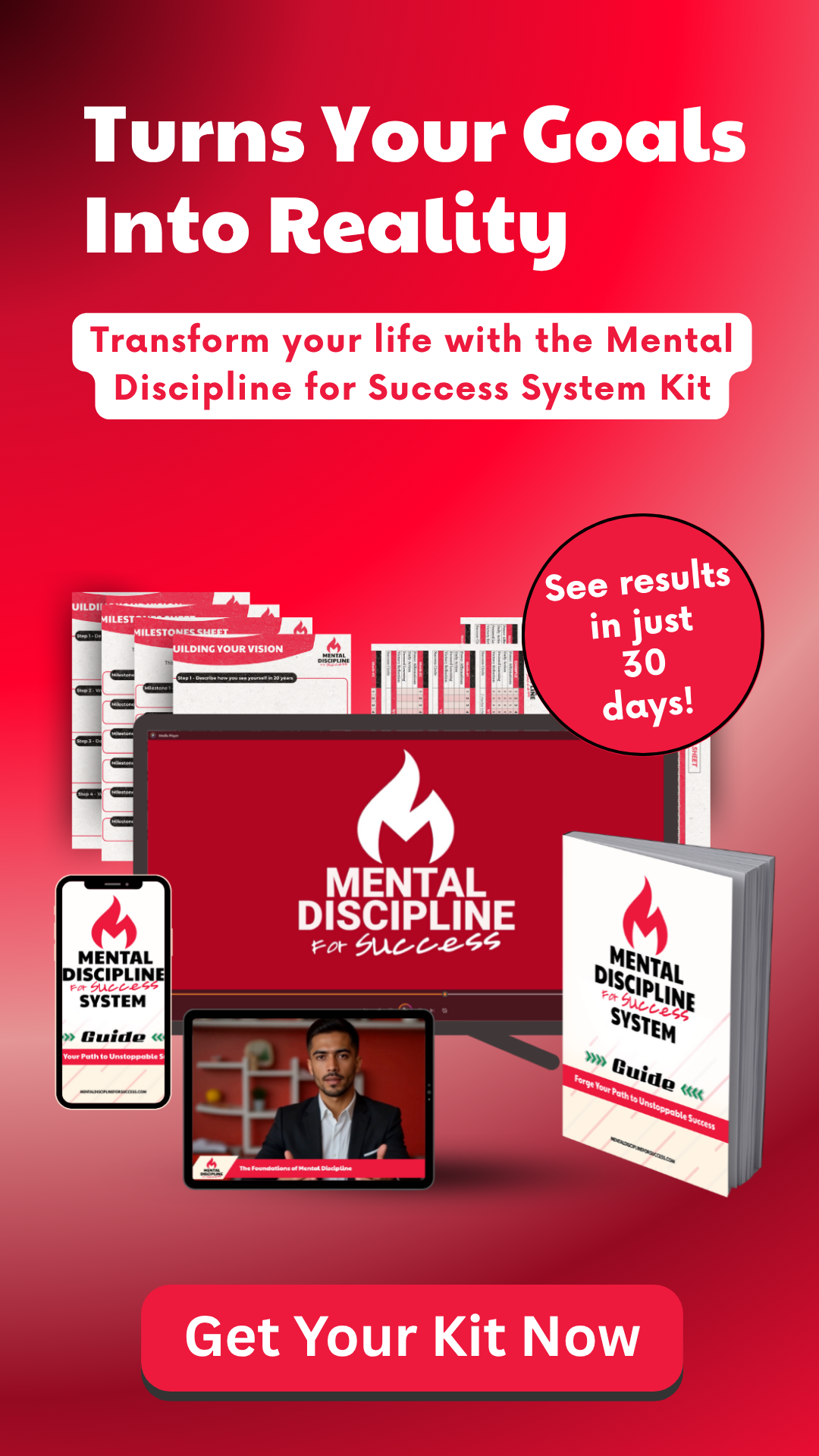
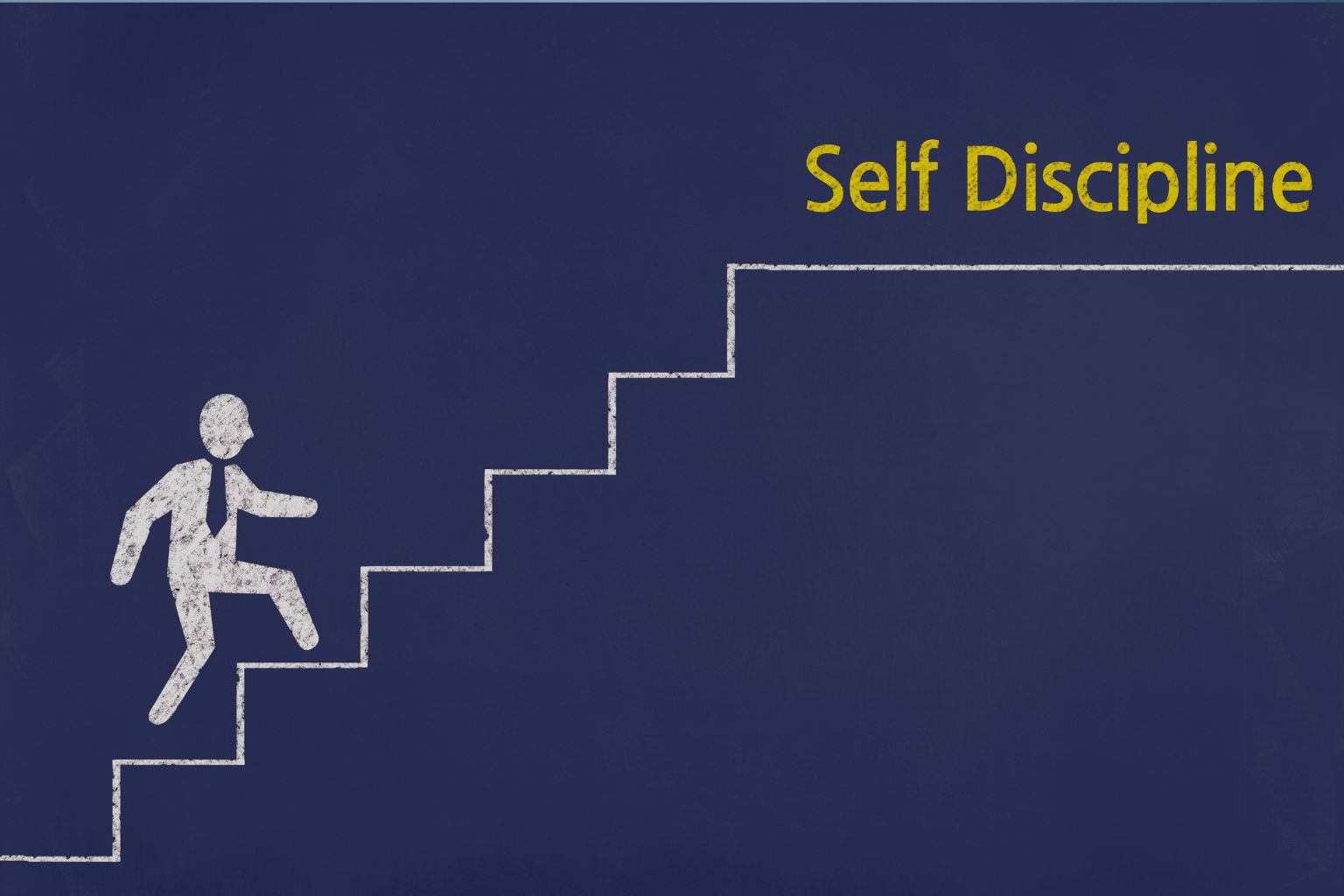
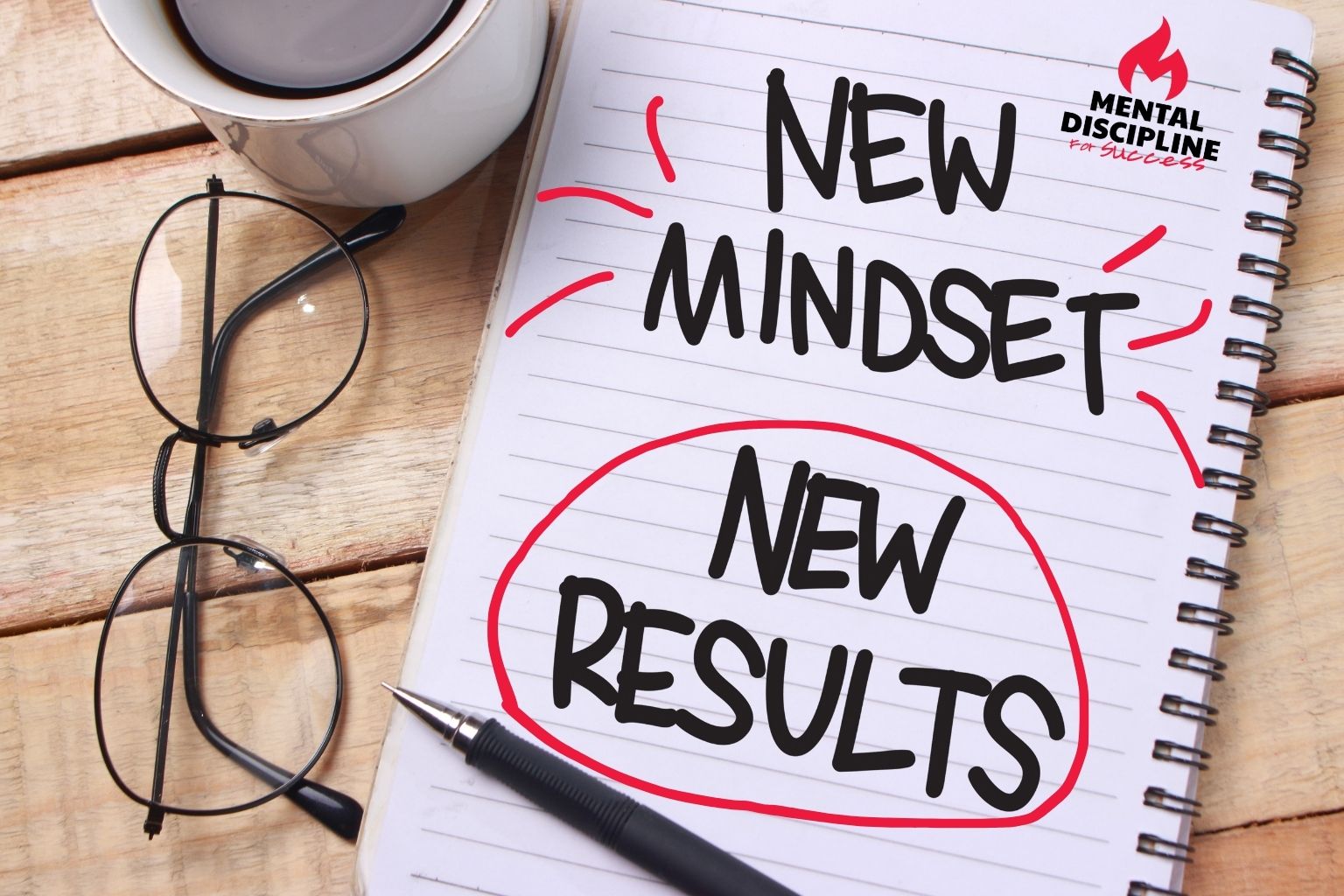
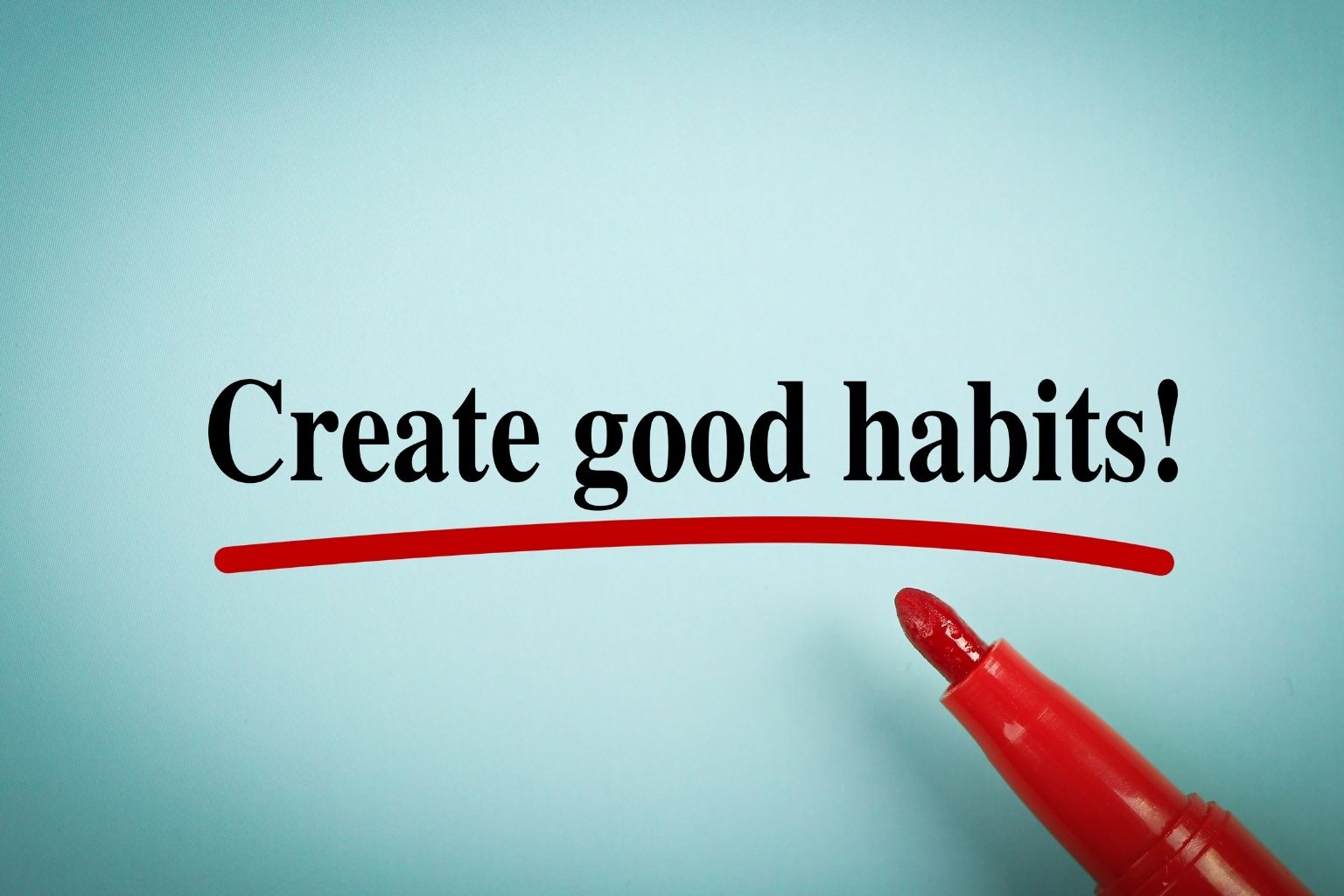



Share it!